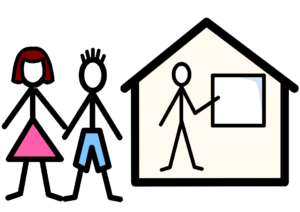Secondary School
Key Stage Three and Four
At Key Stage Three, we build on students learning from Key Stage Two. We follow the National Curriculum and offer the following subjects:

English
At KS3, English continues to be taught as a discrete subject but remains an integral part of all other subjects across the curriculum. Pupils follow the English National Curriculum which is differentiated to the interests and abilities of the pupils. English lessons involve developing pupils’ functional reading, writing and communication skills, using a range of techniques and approaches. Reading skills are supported through a range of resources and methods, including the use of a structured phonics programme developed by Ruth Miskin called Read, Write inc. and the computer-based programme, Lexia Core 5. Pupils in KS3 receive weekly homework to support and consolidate their learning within English.
At KS4, pupils will have the opportunity to follow a formal qualification in English. Pupils will have access to a range of appropriate pathways, including English Language GCSE, English Entry Level and Pre Entry Level qualifications which aim to develop pupils’ functional literacy skills.

Mathematics
Mathematics in KS3 continues to be taught as a discrete lesson but opportunities are taken wherever possible to extend pupils’ mathematical language, understanding and knowledge across other curriculum subjects. Our foremost aim is to ensure that, as far as possible, all pupils develop mathematical skills for daily living, including mental fluency and they develop a positive attitude in the subject.
At KS4, pupils will have the opportunity to follow a formal qualification within Maths. Pupils will have access to a range of appropriate pathways, including Maths GCSE, Maths Entry Level and Pre Entry Level qualifications which aim to develop pupils’ functional numeracy skills.
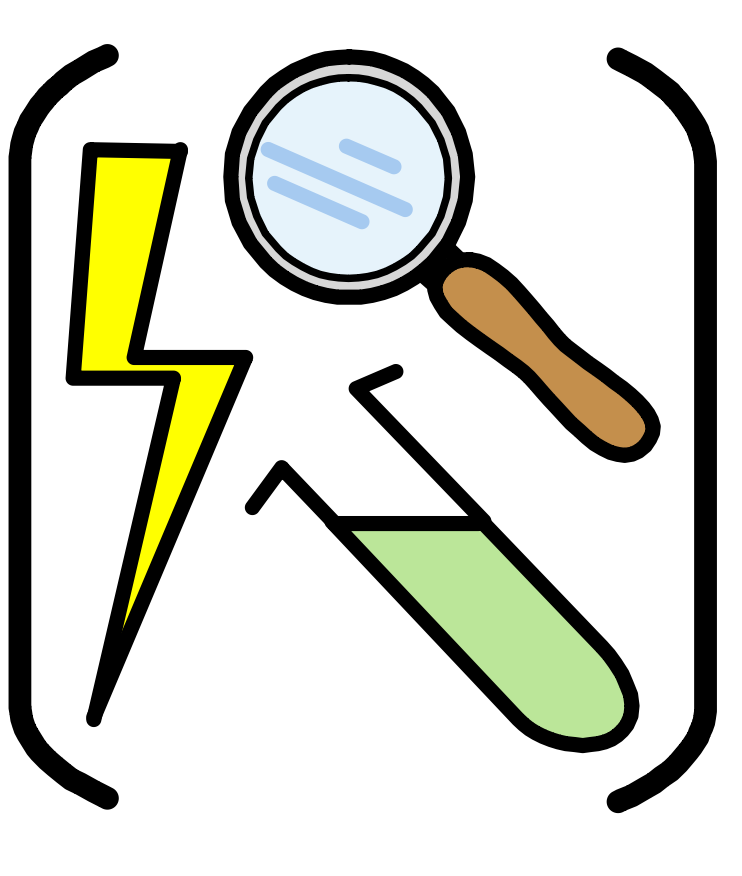
Science
In KS3, pupils study a range of units in Biology, Chemistry and Physics. They will practice a range of investigational and experimental skills which aim to bring science to life and make it relevant for all pupils. Pupils will develop skills to be able to predict how things will behave and why. Our key aims are to develop pupils’ sense of excitement and curiosity about natural phenomena and the world around them.
Pupils will either follow the AQA KS3 Science curriculum or a bespoke science curriculum. At KS4, pupils will have the opportunity to follow a formal qualification in Science. Pupils will have access to a range of appropriate pathways, including Science GCSE, Science Entry Level and Pre Entry Level qualifications which aims to develop inquiring minds so that pupils can explore and understand the world around them.
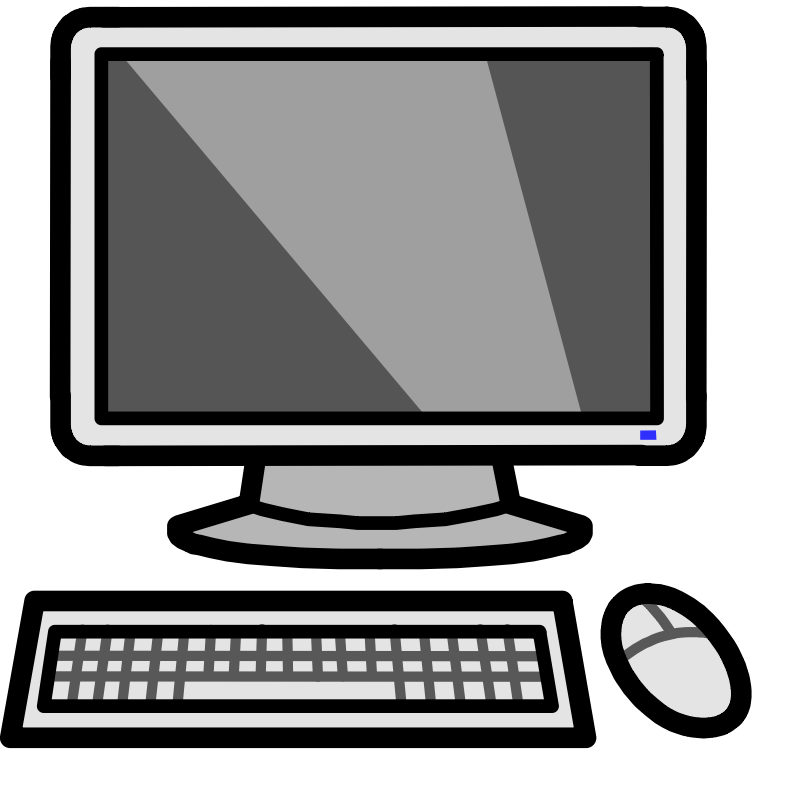
Computing
(incorporating Computer Science, Information Technology and Digital Literacy)
The ICT and Computing curriculum aims to provide pupils with a broad and balanced curriculum that provides them with the skills and knowledge that are required to meet their present and future needs. All pupils have the opportunity to achieve their potential through differentiated programmes of study which support them to move onto formal qualifications within ICT at KS4.
At KS3, pupils are taught a module on E-Safety twice each academic year. Each module aims to develop pupils’ skills and understanding related to a range of E-Safety topics to ensure they are able to keep safe in the digital world. Across KS3, pupils cover and revisit a range of appropriate topics including; Privacy & Security, Cyberbullying, Relationships & Communication, Digital Footprint & Reputation, Information Literacy, Self-Image & Identity and Creative Credit & Copyright.

French
At The Pines our chosen language of study is French. Each class has a half an hour of French lesson each week. Pupils at KS3 have the opportunity to develop their French language skills as well as learn about French culture and traditions.
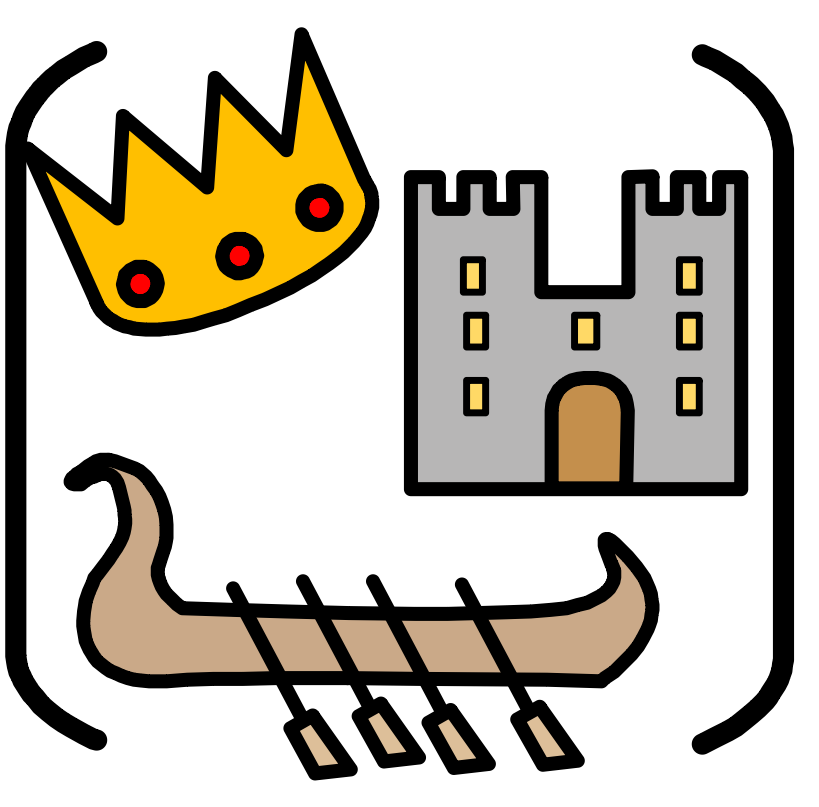
History
Within History, we study a range of topics to inspire pupils’ curiosity to know more about the past. Topics are selected to develop pupils’ understanding of a range of historic periods, including our local history. We aim to develop pupils’ understanding of the complexity of people’s lives, societies and the process of change.

Geography
Within Geography, we cover a range of topics to inspire pupils a curiosity and fascination with the world and its people, both locally and globally. The topics covered provide pupils with knowledge about people and places around the world as well as key physical processes of the Earth.
Within Humanities we reinforce ideas related to “British Values”. Throughout the curriculum, pupils have opportunities to learn about our communities and how we should value others’ beliefs and be proud of ourselves. Pupils are encouraged to reflect on current events across the world and the importance of learning from mistakes that have happened in the past.

Religious Education
We aim to promote spiritual awareness and develop personal responses to issues regarding beliefs, attitudes and values. We make available to our children the opportunity to experience the rich variety of cultures that make up our city and society.
SACRE’s 24 Dispositions are used within R.E lessons to promote learning and understanding of similarities and differences between faiths and religions.

Music
Across KS3, pupils will engage in a variety of traditional and contemporary music from around the world. Within each topic, pupils will listen to and appraise music related to an artist or style of music. Pupils then move on to creating and performing music using a range of instruments, including their voices. As pupils develop they will begin to practice their skills of composition within a variety of musical genres and styles.

Art and Design
Within the Arts curriculum, we aim to provide pupils with opportunities to develop and enrich their learning through creativity and self-expression, alongside developing subject-based skills. Arts lessons provide opportunities for pupils to develop their social and emotional skills and self-esteem.
At KS3, pupils experience a range of Arts subjects and will have the opportunity to choose an arts option to study during KS4.
Within Art, pupils develop their artistic skills and techniques. They learn to experiment, create and evaluate their own and others’ work. As pupils progress, they begin to develop their knowledge of artists, styles and the importance of art and how it can reflect and influence culture.

Design and Technology
DT is taught within three subject areas; Resistant Materials, Textiles and Food Technology. In DT, pupils are able to use their imagination to create a range of practical products and evaluate their and others’ work. Pupils are able to develop their problem-solving skills and there are regular opportunities to develop cross-curricular learning links, particularly within mathematics, science, ICT and art.

Physical Education
In Physical Education, pupils participate in a broad range of physical activities. Pupils are encouraged to be physically active and engage in activities, which some may be competitive. Pupils are encouraged to understand the importance of, and how to lead active and healthy lives. The development of social skills such as turn-taking and working cooperatively are given a prominent role during physical education.
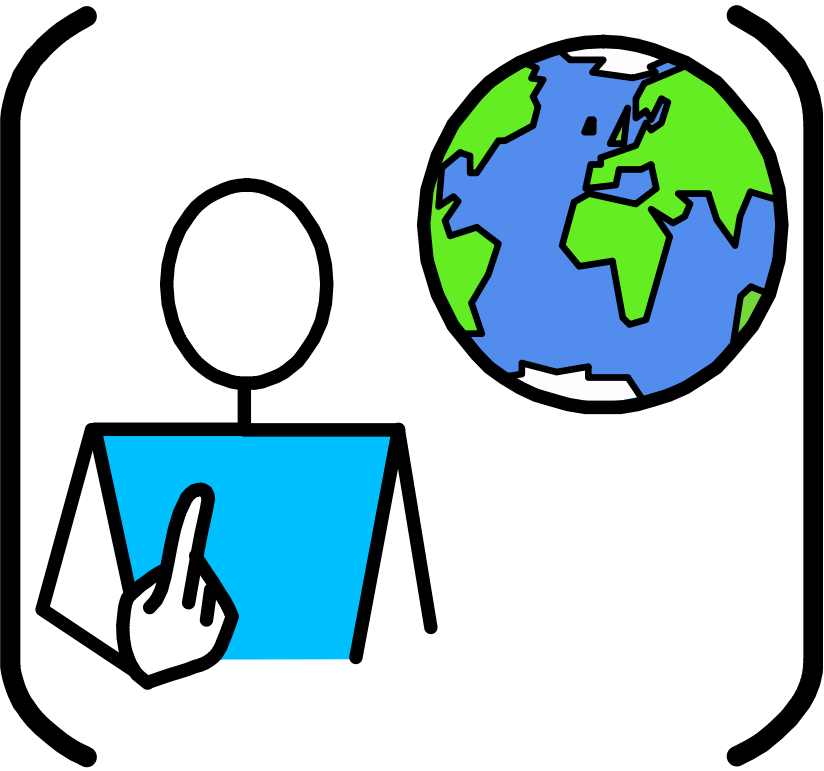
PSHCEE
(incorporating Sex Relationship Education)
In PSHCEE all pupils have the opportunity to cover a wide variety of topics that are specific to their needs. Pupils are taught within discrete lessons but it remains an integral part of all other subjects across the curriculum. The PSHCEE curriculum aims to ensure pupils develop the knowledge, skills and attributes they need to keep themselves healthy and safe, and prepare for life and work in modern Britain.
